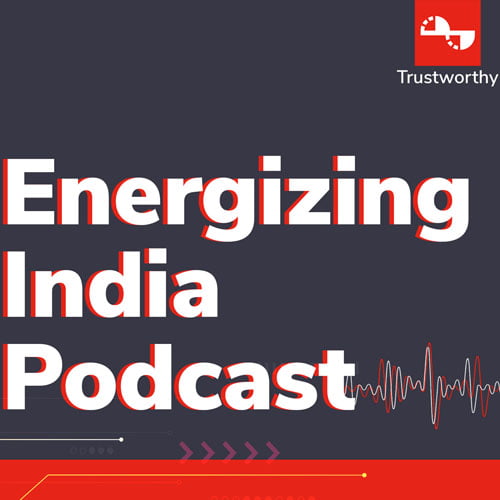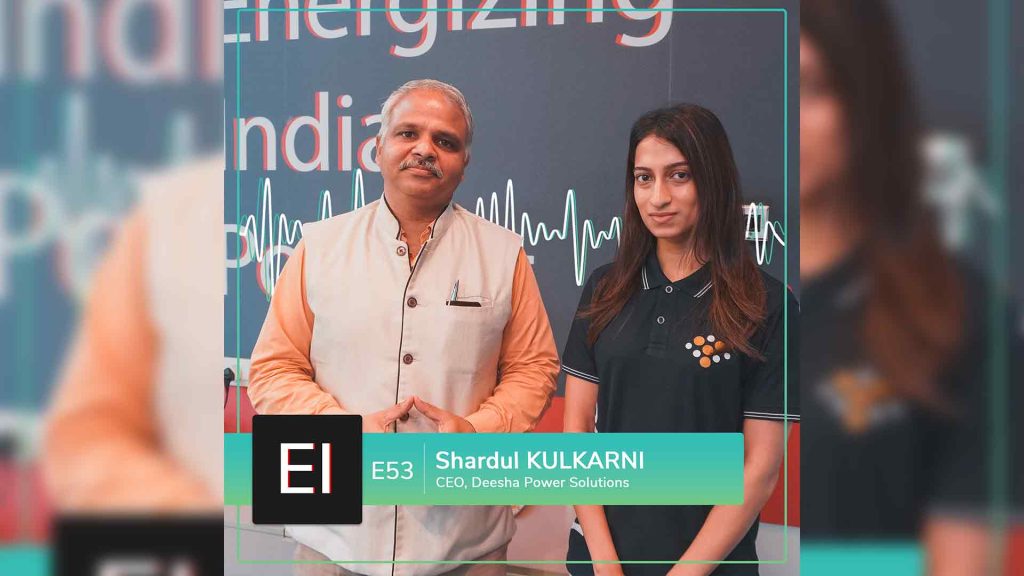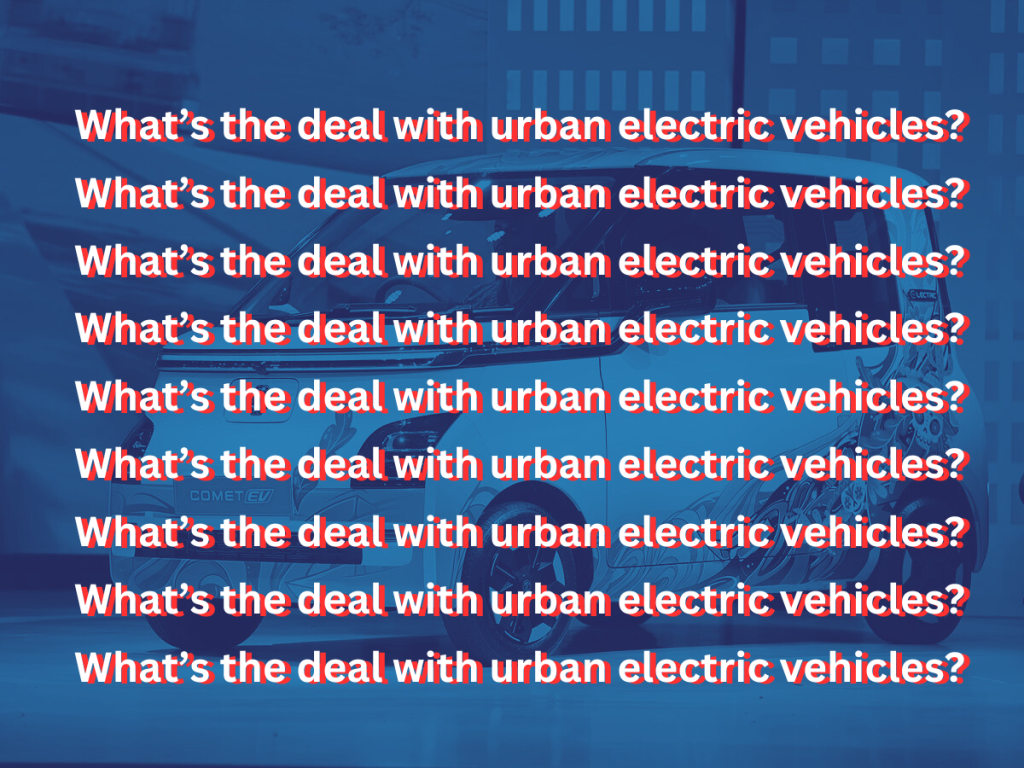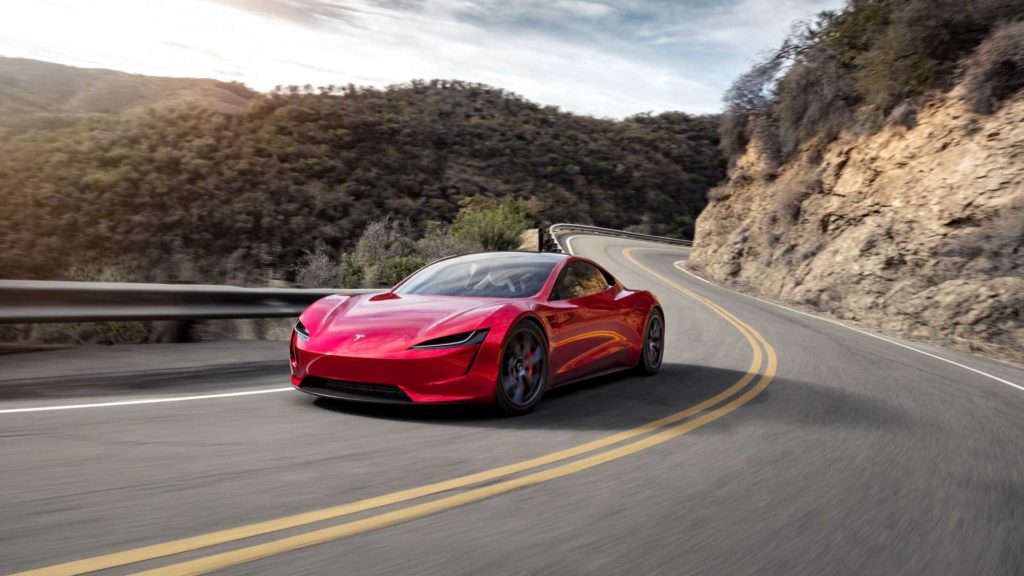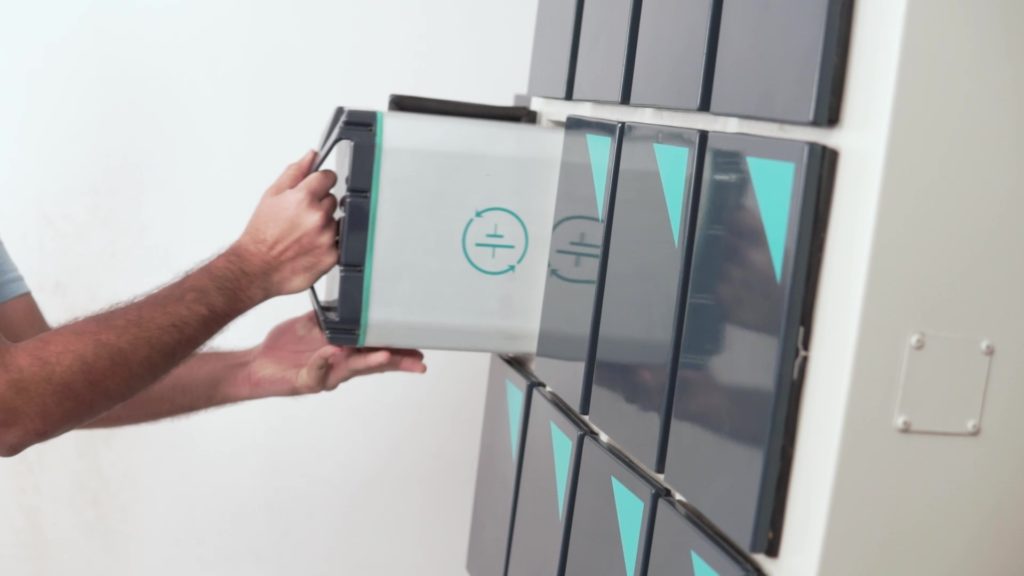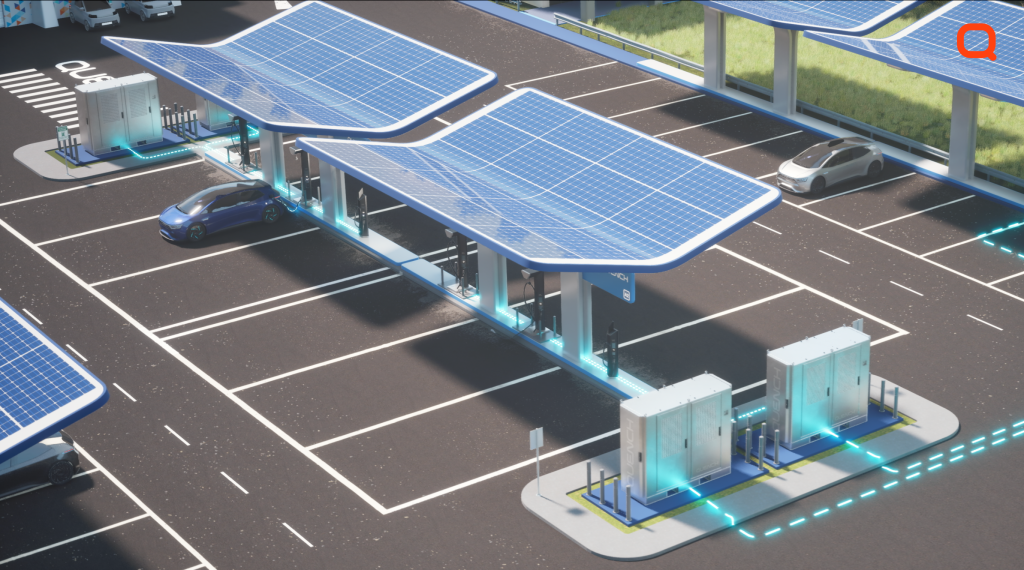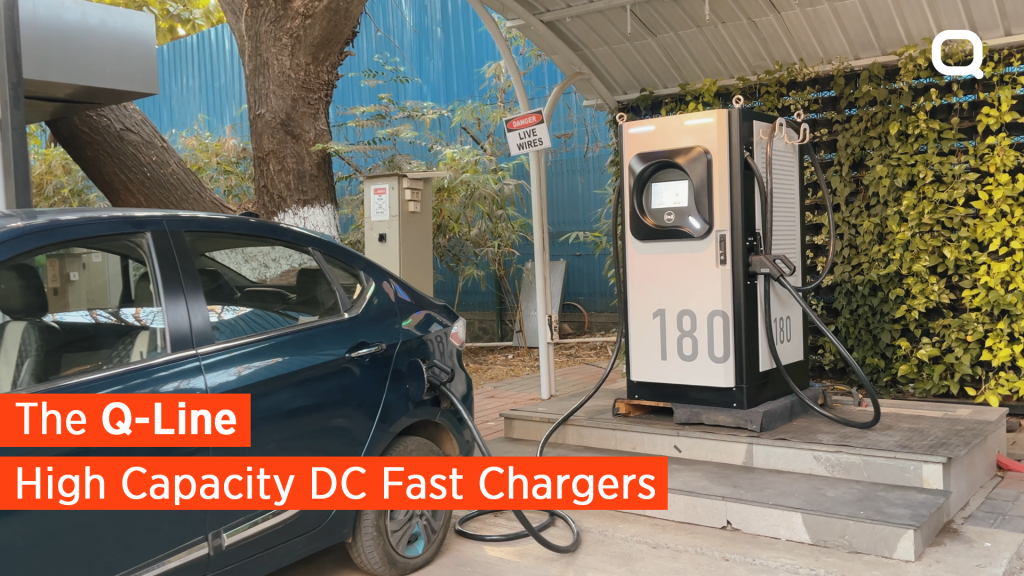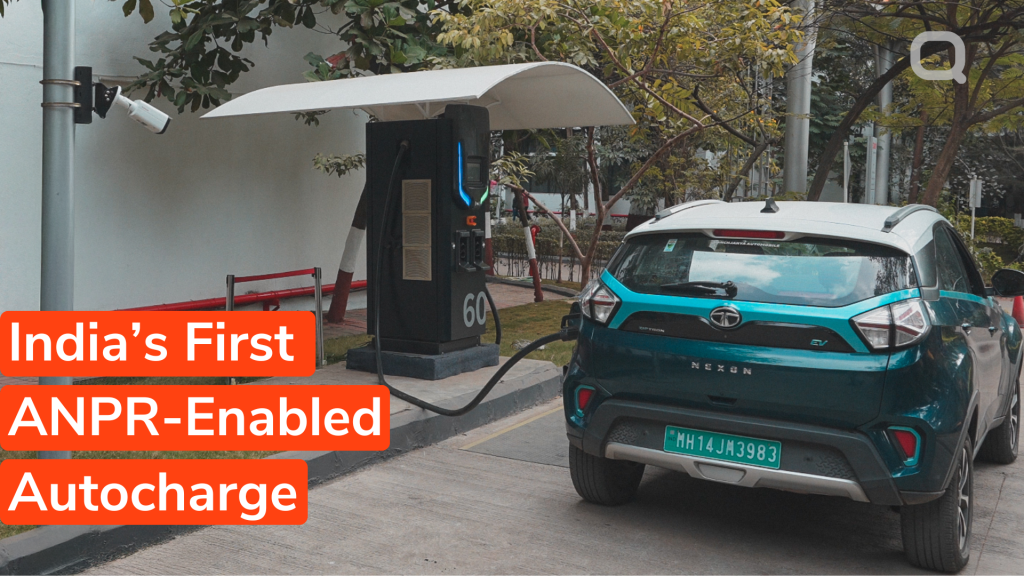EV Industry India
The Indian electric vehicle market is expected to grow by 47.09% between 2022 and 2027, according to reports. This growth is largely due to the increasing demand for electric vehicles in the country, as well as government initiatives such as the National Electric Mobility Policy 2025.
One of the biggest challenges facing the Indian electric vehicle market is infrastructure. Currently, there are only a handful of charging stations available in the country, and these tend to be located in major cities. This is likely to change in the future, as new companies emerge that are willing to invest in expanding the network of charging stations.
Another challenge facing the Indian electric vehicle market is prices. EVs currently cost a lot more than traditional gasoline-powered vehicles, and this is likely to continue for some time. However, over time, prices are likely to come down as technology improves and more companies enter the market.
Overall, the Indian electric vehicle market is growing rapidly and there are many opportunities for companies involved in this sector.
Electric vehicles are becoming more popular as the price of fuel continues to increase. This is particularly true in India, where electric mobility will create new electricity demand, helping to introduce renewable energy into the transport sector.
Electric vehicles offer a range of benefits that go beyond the more popular ones, such as reducing carbon dioxide emissions and air and noise pollution. These vehicles also create substantial efficiency gains, which could make them an important storage source for various renewable energies.
The Indian electric vehicle market has seen a lot of growth in recent years, with a number of startups manufacturing everything from two-wheelers to four-wheelers, hybrids and electric vehicles.
The automotive industry is seeing the entry of global players, including Tesla, Nissan, Renault-Nissan Alliance and Daimler AG.
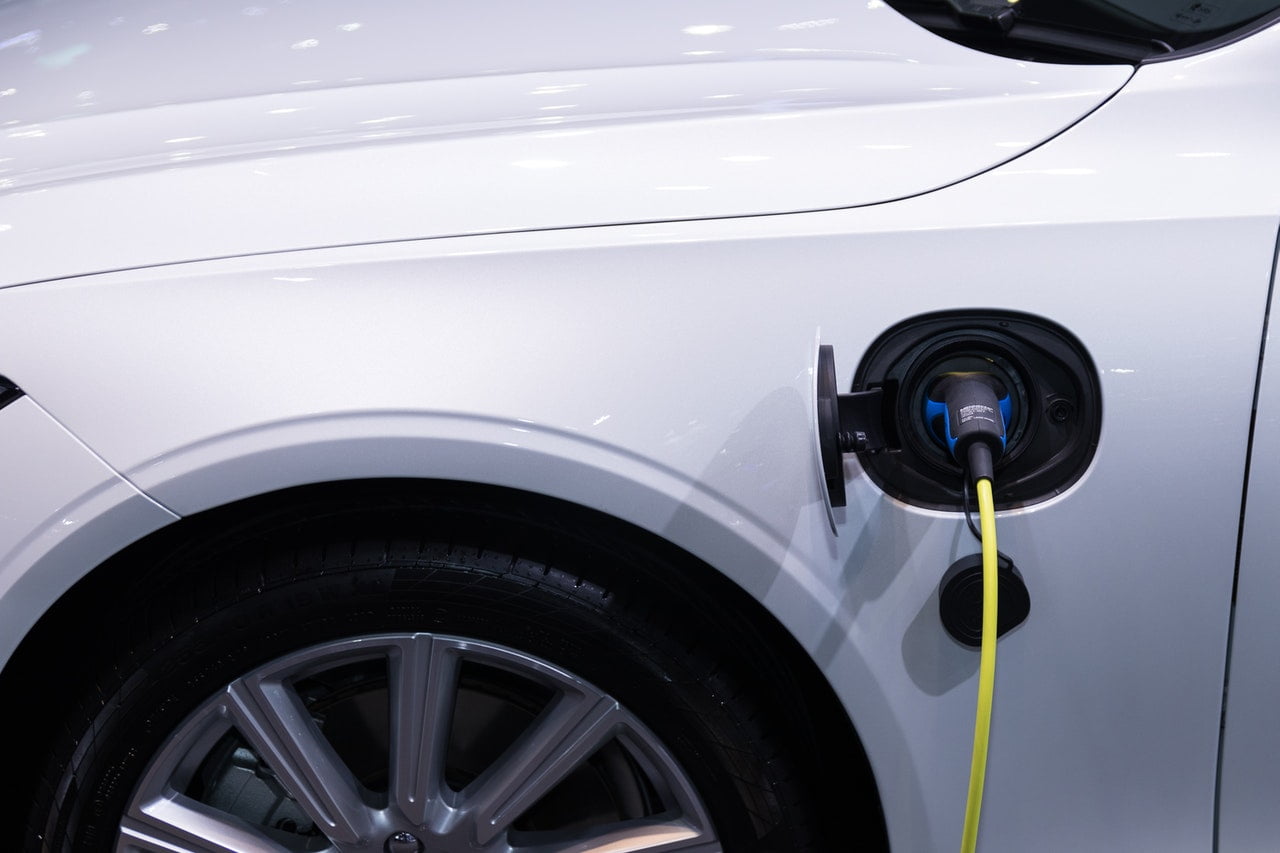
The future of India's transportation
The Indian startup ecosystem is rapidly advancing with new companies every day. With a huge population and a fast-growing economy, India is soon going to be among the most populous countries in the world. With rapid urbanization, pollution, traffic congestion, lack of parking space, rising air pollution levels, long commute times and pressure on public infrastructure are some of the challenges which are compelling India towards electric mobility. promote Electric vehicle in India and the use of alternative sources of energy in order to reduce import dependence & pollution.
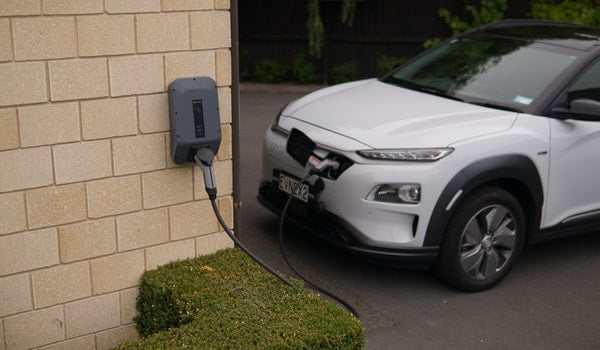
Reasons why EV are better than conventional cars
- Cleaner air - EVs emit zero pollutants
- Less maintenance - EVs have only two moving parts which also last longer than conventional cars
- Smoother ride - there's no combustion engine vibrations so you'll have a smoother ride
- More Convenient - The electric vehicle is easy to recharge
- Savings - EV Vehicles can be charge for very low prices compare to oil

Invest in Indian Electric Mobility
The Indian electric mobility is at a nascent stage with a number of startups, most of which are still in the pre-revenue stage. The government's target to achieve an all-electric fleet by 2030 will push the demand for electric vehicles and batteries.
With the government's target to achieve an all-electric fleet by 2030, it will push the demand for electric vehicles and batteries. The demand for electric vehicles is expected to grow in major markets such as China, Europe, and India. The increased in stock in these countries will increase the revenue of lithium-ion battery companies.

Budget 2022: Gating factors facing the Electric vehicle industry
The budget for the year 2022 will be announced on 1st February, 2019. It is expected that the government will take some measures to power up the electric vehicle Sector in India.
The electric vehicle industry in India has been going through a difficult phase since its inception. The lack of infrastructure and incentives, as well as high battery prices have been key factors that have hindered its growth.
Despite this, there are a lot of developments in the EV segment, which is a positive sign for this sector.
International Commitment for reduce global warming effect motivate India to start adopting EV, in order to encourage more people to adopt EVs and make them more viable financially, it is imperative that the government takes some steps to improve infrastructure and incentives for EV buyers. This can be done by providing subsidies on electric vehicles as well as setting up charging stations across major cities in India. The Maharashtra Government is focusing on increasing EV use by proposing to exempt EV's from road tax, and providing a 15% subsidy on the first 1 lakh EV’s registered in the state.
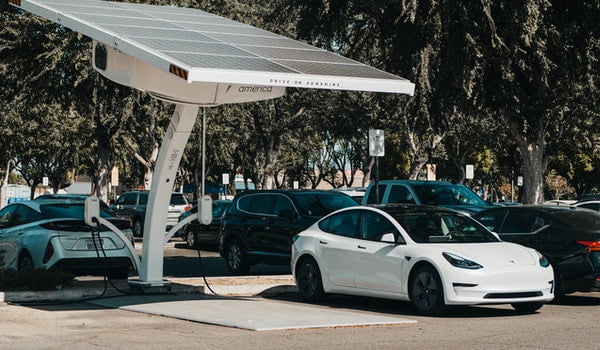
Electric Vehicles: An Initiative that can help India adopt EV
The Indian government has been putting in efforts to make India a global leader in the EV space. The government is pushing for a rapid increase in the adoption of electric vehicles with a goal of having 100% electric vehicles on Indian roads by 2030.
In order to achieve this, they have introduced various incentives and subsidies for electric vehicle manufacturers and consumers. They have also made it mandatory for all public transport vehicles to be electrified by 2030, with an intermediate target of 10% by 2020.
The country has also announced that it will build charging infrastructure at regular intervals along highways and major roads, with plans to have an average of one charging station every 20 km on the national highways.
India has already started seeing a surge in EV sales with a growth rate of over 50%.
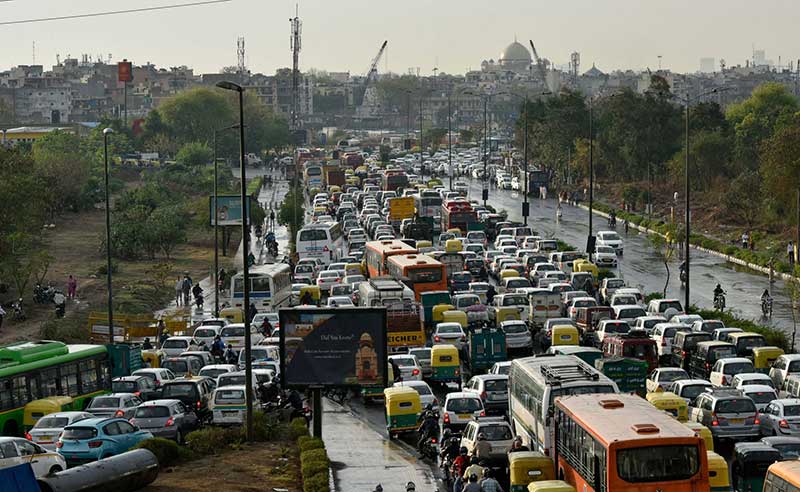
How to Get an Electric Vehicle in India?
India is one of the fastest growing countries in the world. The country’s population has been rising at an alarming rate, and it is estimated that by 2050, It will be home to 1.6 billion people.
This rapid growth has been accompanied by a rise in pollution levels and a shortage of energy resources.
Electric cars are considered as one way to address these challenges. And with the Indian government's commitment to making it electric vehicle-friendly, electric vehicles are becoming more popular in this country than ever before.
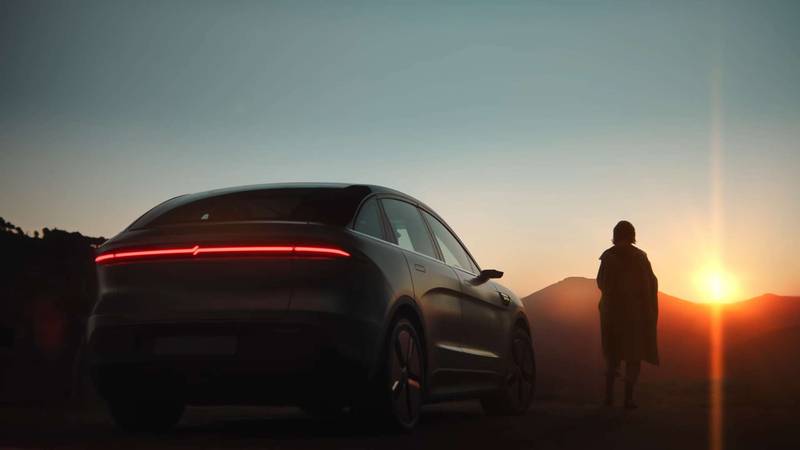
Top Reasons Why EVs Are Safer Than Traditional Cars!
Electric cars are not just good for the environment, they are also safer than traditional cars. Here are the top reasons why electric cars are safer:
- Electric motors produce less torque than internal combustion engines, which means that they require less space in order to prevent collisions.
- Electric vehicles have a lower center of gravity, which reduces their risk of tipping over and makes them more stable during high-speed driving.
- They don't need to be refueled as often as gasoline powered vehicles because they can recharge themselves from a standard electrical outlet.
- They emit zero toxic fumes or pollutants into the air and don’t produce any noise pollution.
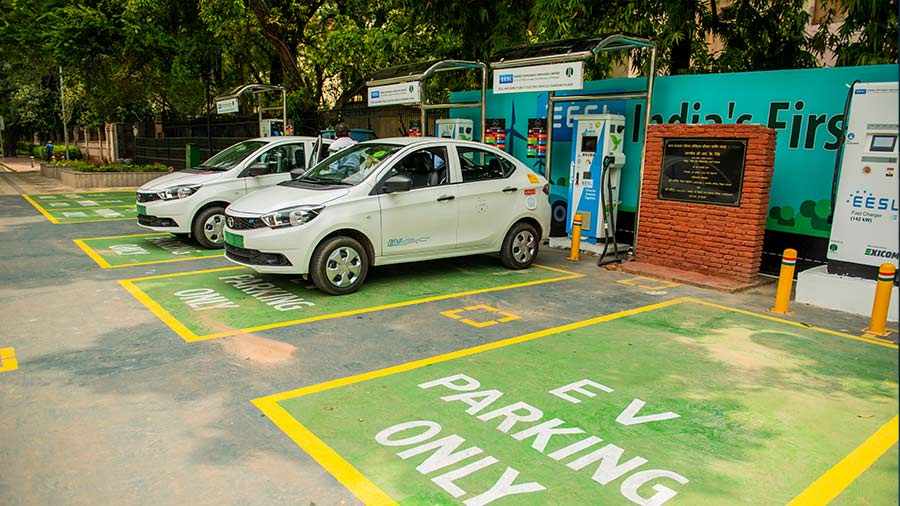
Why is India Building an EV Hub and How Will it Affect the Automotive Industry?
India has announced plans to build an EV hub in the country's capital, Delhi. The hub will be a center for research and development, manufacturing and battery production.
The EV hub is expected to have a significant effect on the automotive sector in India. It will help create jobs as well as reduce pollution.
India is looking to become a leader in electric vehicles and this EV hub will help them do that by providing incentives for manufacturers and research opportunities for innovators.

What Does This Mean For The European Auto Manufacturing Industry?
The Indian car industry is on the rise, and it is starting to look like a real threat to the European auto manufacturing sector.
The Indian car industry has grown rapidly in the last decade and now it’s starting to have an impact on Europe. India’s car market is expected to grow by 10% annually until 2020, while Europe’s auto manufacturing is stagnating at 1%.
The Indian car industry has been able to take advantage of India’s low labor costs, which are about a quarter of what they are in Europe.
FAQs
India’s electric automobile sector is still relatively new. At present, sales account for less than 1% of the total annual sales in the country; however, this segment has a great potential to grow in the near future and could make up over 5% of all India’s motor vehicle sales in a few years. There were more than 500,000 electric two-wheelers in India
Considering this market is new and evolving, it’s not surprising that there are currently companies entering the EV space at different levels of the value chain. It’s 2022 and we seem to be nearing a point of radical change.
The Indian EV market is projected to grow at a CAGR of 36% in the next five years with an increased focus on battery technology.
With prices on batteries going down, we can expect a spike in EV sales in three to four years. Electric vehicles are a promising future and India will surely hop on this bandwagon over the next decade, Indian government offers subsides on EV industries to drive its sale.
The current trend is for more and more fuel-efficient vehicles to be bought in India. With a growing population, a transportation revolution has been long overdue. Cars running on expensive imported fuel clog up already overcrowded cities without any infrastructures to complement the need of the people.
EV - Educate
How can we help you?
Contact us for more information about Electric vehicle and its relevant subjects.
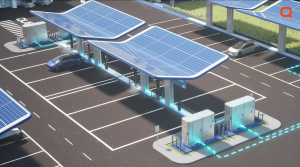
Quench Unveils Advanced BESS-Assisted Energy Management System to Address EV Charging Demands
Pune, India, March 19th, 2025 Quench, a pioneer in EV charging technology, proudly announces the launch of its Advanced BESS-Assisted Energy Management System. This state-of-the-art
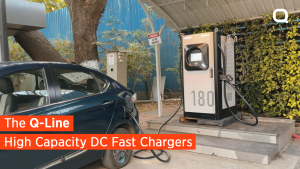
Quench Unveils Q-Line: India’s Most Robust EV Chargers Specifically Designed for Fleet Operations in India
Pune, India, February 26th, 2025 Quench, a leader in advanced EV charging solutions, proudly announces the launch of the Q-Line, high-performance EV chargers specifically engineered
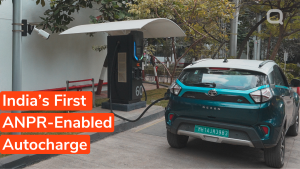
Quench Introduces ANPR-Enabled Autocharge for a Frictionless EV Charging Experience
Pune, India, February 20th, 2025 Quench, a leader in advanced EV charging solutions, has introduced its latest innovation—ANPR enabled Autocharge—designed to simplify and enhance the

EP 54 | Decoding the Future of Urban Electric Mobility | Gensol EV | Pratik Gupta
India’s population is projected to surpass China’s in both overall numbers and population density in the coming years. This growth is particularly concentrated in urban

EP 53 | Industrial Decarbonisation with Green Hydrogen | Shardul Kulkarni
In his Independence Day address, Prime Minister Narendra Modi reaffirmed the government’s commitment to establishing India as a global leader in green hydrogen through the

EP 52 | Empowering Sustainable Last Mile Deliveries | Uday Narang
The Indian EV and energy transition sector has been in flux for the last three years. If you looked at it just three years ago,





